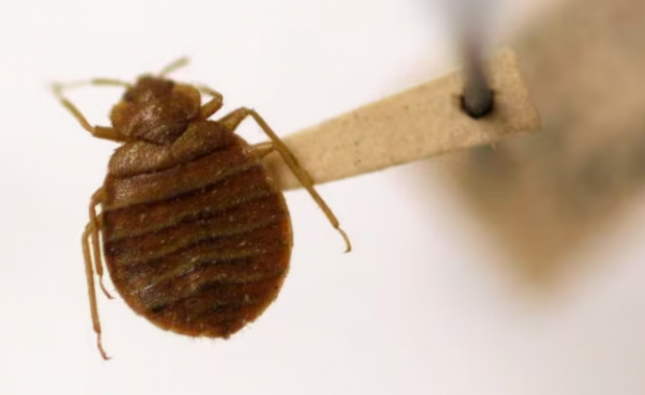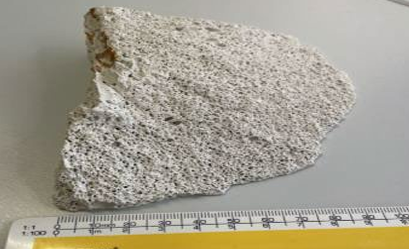Food poisoning can occur if you consume food which has been contaminated by bacteria, viruses or germs, resulting in unpleasant symptoms such as vomiting, diarrhoea and feeling generally unwell. The most common way to contract food poisoning is to eat contaminated food; however, through being in contact with an individual that has food poisoning, there is a possibility that you could become unwell yourself. Therefore, it is important to understand food poisoning and how it works.
How do you get food poisoning?
Food poisoning occurs if you consume food which is contaminated with germs. Food becomes contaminated with bacteria and viruses due to some of the following:
- The food is not cooked thoroughly, until the core temperature reaches 75°C or 70°C for at least 2 minutes, and therefore germs remain present because they have not been killed off.
- An individual has re-heated food, but not to piping hot, and therefore bacteria has been able to remain and then multiply.
- Food has not been stored correctly – for example, raw meat which was meant to be re-frigerated has been left on the side for bacteria to grow in the ideal growth conditions.
- An individual handles food without washing their hands or whilst wearing dirty clothes, allowing pathogens to transfer onto the food.
- Food is left out on the side for too long, in ideal growth conditions for bacteria to multiply on the food.
- Food is consumed after the “Use By” date.
Is food poisoning infectious?
When an individual is ill with food poisoning, they will have faecal contamination, which is the reason that food poisoning can be infectious. Foodborne bacteria can transfer between people if they do not wash their hands properly after going to the toilet, and then come into contact with those around them, transferring the germs.
Norovirus, which is a virus that typically contaminates food, is an example of a foodborne pathogen which can be transferred from person to person. When individuals are in close proximity to one another, such as on a cruise ship, where everyone is touching the same door handles and light switches, it means that germs can transfer very quickly from person to person.
In January 2019, there was a norovirus outbreak on a Royal Caribbean cruise ship, which affected 475 passengers and resulted in the ship having to stop its journey early. The large number of people affected was due to the norovirus transferring from person to person. This demonstrates how infectious food poisoning can be and therefore it is important to know how to avoid this as far as possible.

How to prevent others from contracting food poisoning
- Ensure you wash your hands thoroughly, especially after being to the toilet. Hand sanitizers, which cruise ships tend to use a lot, can help to kill some of the germs on your hands but they are not as effective as using hot water and soap for a thorough clean.
- Clean and sanitize your living areas to ensure that it remains clean for others to use.
- Ensure your clothes are clean, because wearing dirty clothes which have your bacteria on can continue to make you ill as well as those around you.
- Do not cook for others whilst you have food poisoning, as you could transfer your germs onto the food which you are preparing.
Food poisoning can be unpleasant and therefore it is important to keep it limited to as few people as possible, through being clean and hygienic.


